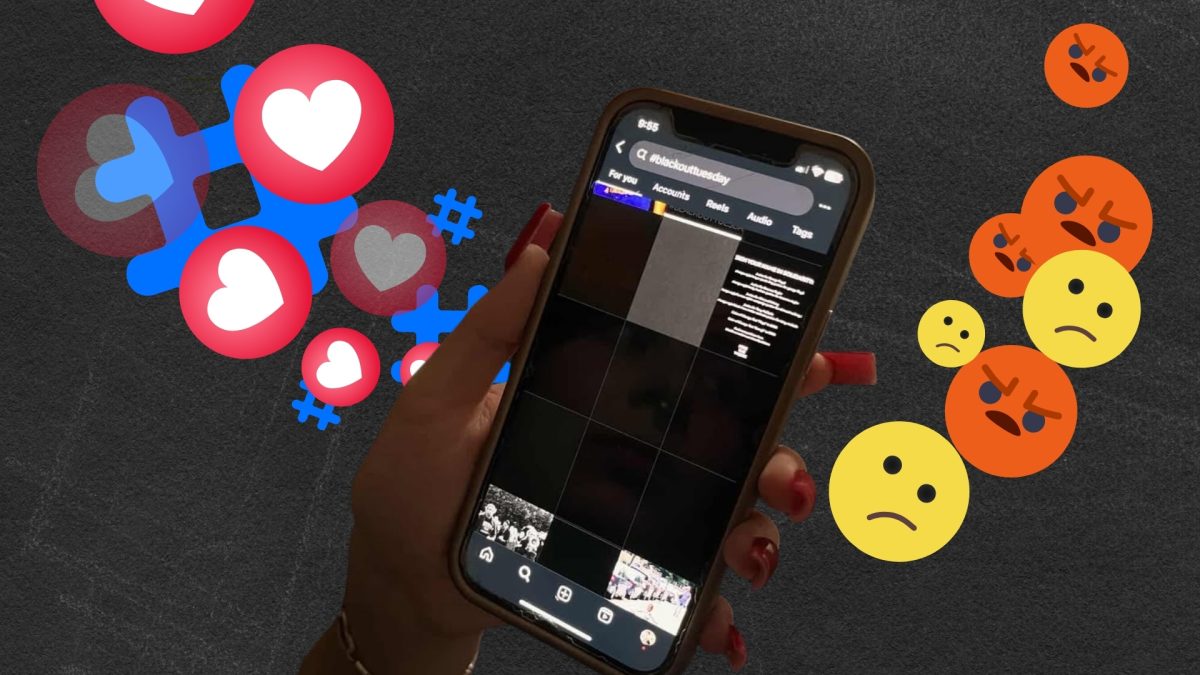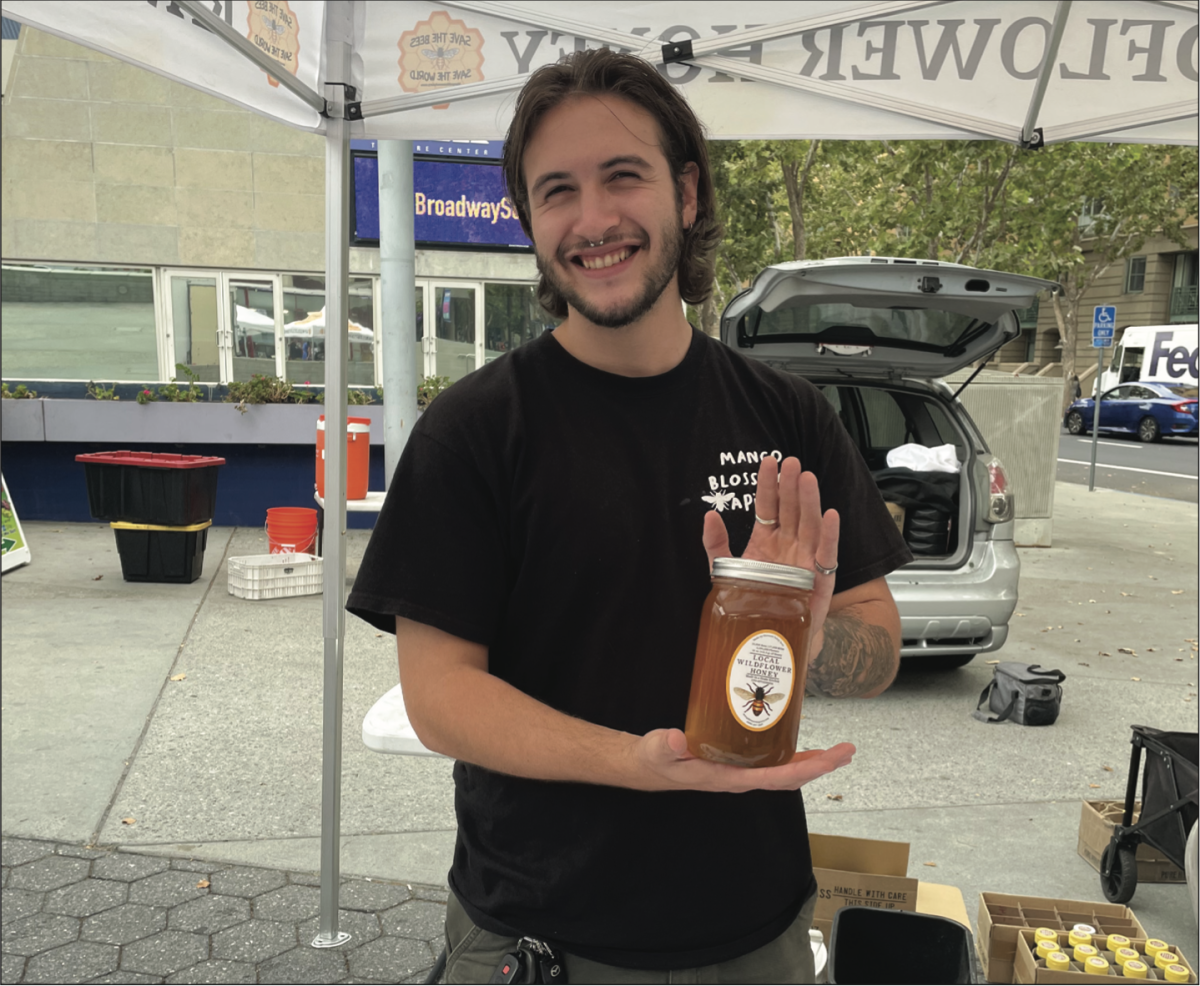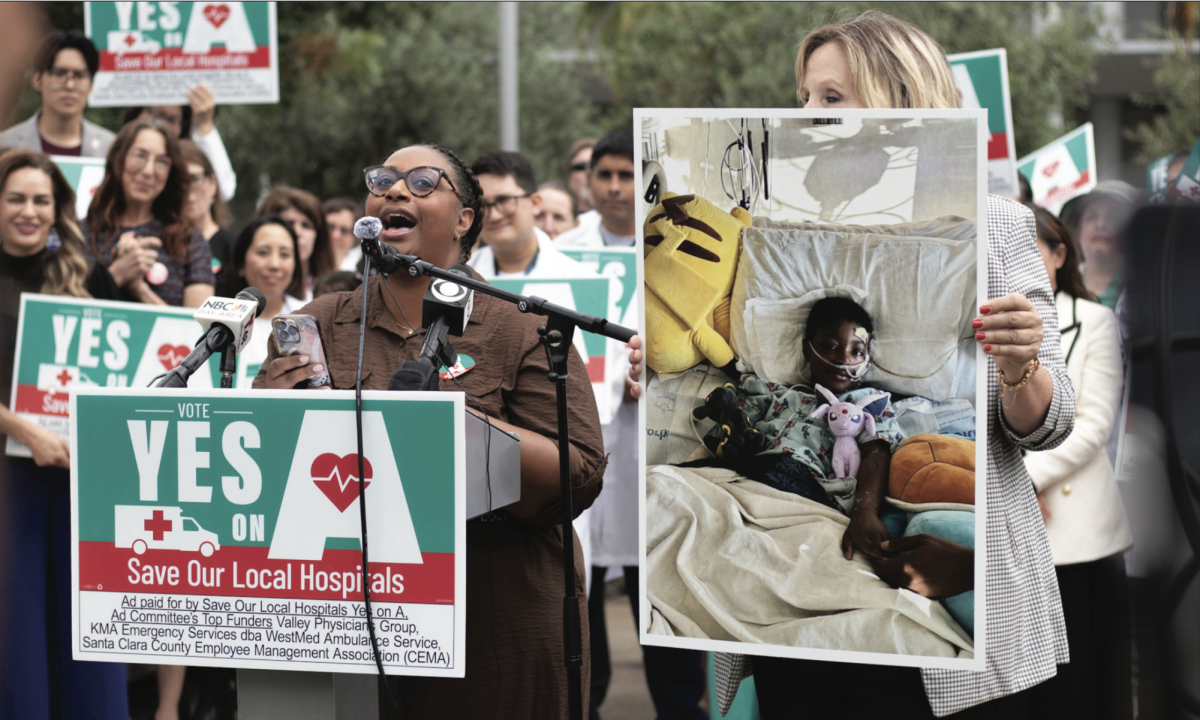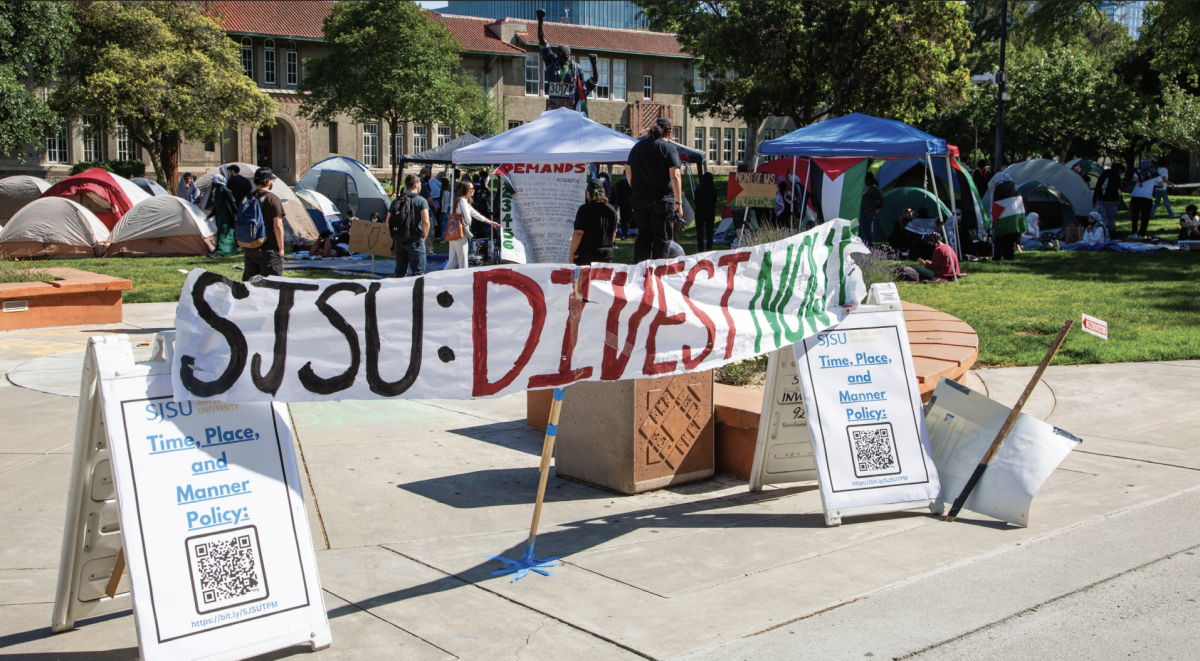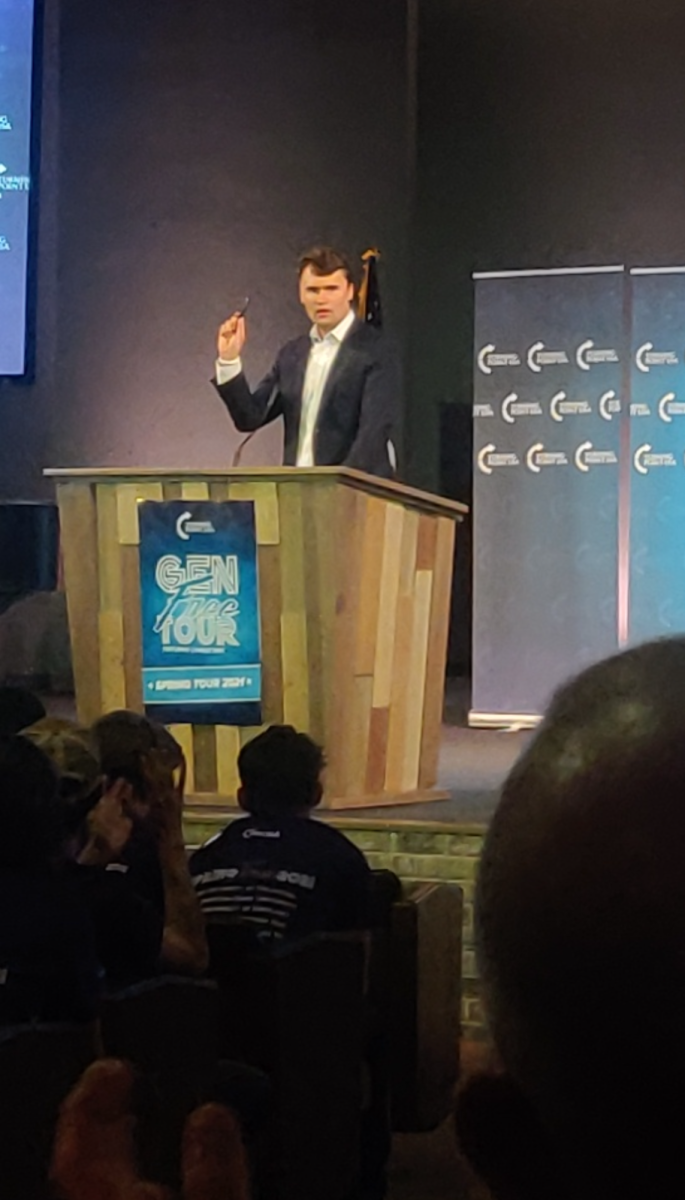Social media is a powerful tool in social movements, but too often it’s used to replace doing the work to help those in need.
In my time of doing social justice work, I’ve noticed an increase in the use of social media as a means to take action, rather than actually doing any action.
Action ranges from taking time to protest, participating in meetings with local and national politicians and even using social media to an advantage. But it’s when using social media as the only form of activism that bothers me.
In 2020, nationwide protests erupted after the murder of George Floyd by Officer Derek Chauvin of the Minneapolis police department on May 25, 2020, according to a May 25 article from NBC News.
The death led to the use of #BlackLivesMatter to trend across various social media platforms; the hashtag was used upwards of 1.2 million times in a day, according to a June 26, 2023, Pew Research Center study.
Amidst these posts, #BlackoutTuesday also began to trend – with a lot of negativity and criticism of its use, according to a June 9, 2020, Chapman University analysis.
The trend blocked crucial information regarding protests, political action, as well as general information on racial discrimination, past and current.
I found the trend, although with good intent, to be damaging for those who were actively working to spread more information quickly and thoroughly.
Initially, these black squares began with the #theshowmustbepaused, which focused on holding the music accountable for Black people’s struggles and successes, according to the same Chapman University analysis.
On the day the organized event launched, Tuesday, June 2, 2020, users such as myself were flooded with blacked-out screens on their social media feeds.
Despite the use of #BlackLivesMatter to spread more awareness and discussion on police brutality, racial discrimination, and systemic inequalities, its trending use began to die out.
In 2021, with daily averages spiking to under 200 thousand in comparison to its use of over 1.2 million in 2020, according to the same Pew Research Center study.
Hashtags and discussions about racial discrimination and social inequalities that Black and Brown people face have felt like they’ve left the eye of mainstream media, taking away the rightful spotlight of prominent Black and Brown voices, encouraging further action beyond 2020.
Since 2020, numerous significant events have occurred related to social and political change, with social media being widely acknowledged as a tool for further outreach on pressing issues.
During COVID-19, people took to using social media to uplift voices about events like the Black Lives Matter movement, as well as emerging world conflicts, such as Ukraine and Russia and most recently, Israel and Palestine.
These topics, however, felt to have become a trend, all of which phased out rapidly, feeling almost as if there was no care in the first place.
It feels as if users are trying to stay away from tackling the real challenge of creating a physical difference regarding said topics.
In a 2023 study, 14% of users on various social media platforms changed their profile picture in support of a cause. Of this percentage, only 34% of users were actively searching to engage with the cause, according to a June 29, 2023, report from the Pew Research Center.
It bothers me when users online boast about wanting more to be done, but then take almost no initiative to do so.
COVID-19 caused shutdowns globally, leaving people to use social media to their advantage more than ever to discuss with one another, according to the CDC COVID-19 timeline webpage.
At this point, congregations of any kind were difficult to coordinate due to shutdown policies and encouragement to stay indoors to combat COVID-19 from the Trump administration, according to the same CDC webpage.
Although the setback is understandable, people still took to the streets and protested against racial injustices. Social media, although a tool, is also one that must be carefully used during calls for social justice in the U.S. and for global politics.
It’s important for newer generations to take physical action rather than quick, lazy initiatives such as the #BlackoutTuesday event, despite its original positive background.
In 2024, a survey of 1000 U.S. citizens said that at least one-third of Gen Zers are actively engaging with local, national, or global social justice work, according to a United Way NCA survey on Gen Z activism.
Although the number reads high, considering Gen Z makes up a large portion of the population now, the number to me feels low.
Having experienced multiple walkouts against racial discrimination, anti-LGBTQIA+ rhetoric, war, famine, and more, younger voices must continue to stay at the front lines on the topic of social justice.
Taking action physically, as mentioned, is important, rather than only using social media and assuming that is enough.
If any events in the last five years show anything, it’s not to be lazy and repost a shitty image to block out the real news.








